Yesterday, Dr. Nancy Rosenberg successfully defended her doctoral dissertation at
Here is the abstract:
Popular music today permeates American youth culture and society at large to an unprecedented extent, disseminated through information technology and a vibrant concert and club culture. Nevertheless, the subject of popular music remains slow to infiltrate mainstream academic music discourse, especially discussions of music pedagogy. In the case of music theory, there is a discrepancy between popular music discourse on one hand, and pedagogical practice that excludes popular music on the other. In the absence of relevant training and materials, instructors desiring to include popular music in music theory curricula do so in relative isolation, often casually, and/or to a very limited extent. Along with practical concerns, unresolved philosophical questions further impede development of a coherent vision for including popular music in the undergraduate music theory curriculum.
This philosophical study explores numerous issues around the intersection of popular music and beginning music theory education. Its three parts progress from the general to the specific. Part One considers current music theory and theory pedagogy through an historical lens, clarifying reasons for the disciplines’ neglect of popular music.
Part Two grapples with major issues around popular music’s inclusion in today’s college music theory. Traditional textbooks serve to introduce primary themes relating to music theory content and methodology, as philosophical perspectives on popular music’s role in music education are considered. Turning to current practice, several theory textbooks that include popular music content to varying degrees are examined, along with relevant research on the pedagogical implications of popular music and its learning processes.
Finally, Part Three offers original lessons and ideas for approaching core theoretical concepts through popular music. Throughout, areas of convergence and divergence between classical and popular styles are explored with the aim of developing fresh, experientially based approaches to presenting popular music alongside art music repertoire in teaching beginning music theory. While this study focuses primarily on past and current rock-influenced popular music, it will serve as a useful tool for music educators wishing to expand the boundaries of traditional music theory pedagogy to include any and all styles of popular music as a means of imparting core music theory concepts.
…………………………………………………………………………………………
Dr. Nancy Rosenberg
Dr. Rosenberg’s dissertation is the first major study to focus on the role of popular music in music theory pedagogy, and may also be the first academic study to examine the field of music theory from the perspective of music education philosophy.
Congratulations to
It was a pleasure to serve as supervisory professor for this innovative doctoral dissertation. The study also greatly benefited from comments by committee members Andrew Goodrich (Boston University), Lee Higgins (Boston University), and Ben Bierman (CUNY).








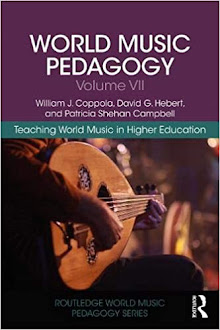
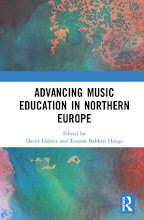
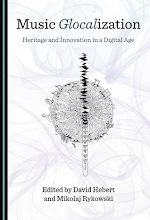

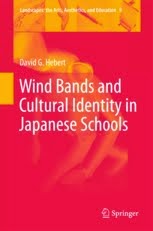



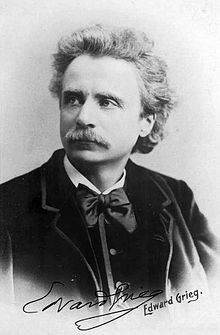



No comments:
Post a Comment